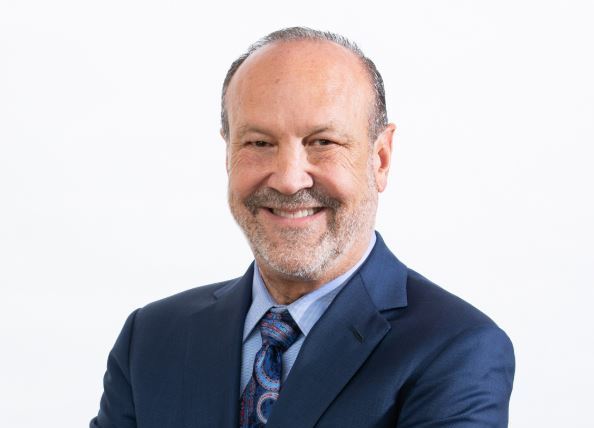Dear Grant,
As your last column noted, we do need to work smart to end homelessness in Miami-Dade. The Homeless Trust reallocates underperforming programs, leverages local funds to maximize state and federal grant opportunities, and engages regularly with a committed network of human services, health care, criminal justice, domestic violence and housing providers to better coordinate systems. All of this is designed to not only to move homeless people more quickly off the streets into housing and keep them housed, but to maximize our finite resources.

For more than a decade, we have been utilizing a “Housing First” approach to connect individuals and families experiencing homelessness to permanent housing without preconditions and barriers to entry, such as sobriety, treatment or service participation requirements. In fact, we have vigorously extended that Housing First mentality to all of our programs, including outreach, emergency shelter and transitional housing. Our Housing First Permanent Supportive Housing retention rate is 99%.
One new project on the horizon is a 60-bed shelter dedicated to persons fleeing domestic violence. The funding for this project, overseen by the Domestic Violence Oversight Board which the Trust supports administratively, largely accounts for much of the “carryover” that appears in the Trust’s budget. By law, DVOB funds can only be used for the construction and operations of domestic violence centers. The remainder of our carryover funds are needed to maintain the homeless facilities we own and ensure we can support the 8,500+ people in our care on any given night, should any financial or other disaster hit. That’s responsible budgeting.
Under the leadership of the Trust, homelessness in Miami-Dade County has been reduced from the estimated 8,000 people on the streets 25 years ago to about 1,000 today. We know this as seasoned and dedicated outreach staff have been conducting these counts for over 25 years using U.S. HUD-approved processes. However, the work of ending homelessness is not done, and we know it. This is why we will continue to work hard with community partners and leaders in urging the Beach Municipalities (Miami Beach, Surfside and Bal Harbor) to agree to contribute to the solution as all other municipalities do, recognizing that their communities are not exempt from homelessness and domestic violence.
Among our greatest hurdles are available, affordable units of housing and landlords willing to work with us. We created the RentConnect program to tackle this challenge and incentivize private landlords to accept our clients. Property owners and managers are encouraged to call us at 305-349-RENT (7368) or paul.rentconnect@miamidade.gov to join us in our effort to make homelessness in Miami-Dade rare, brief and one-time.
Sincerely,
Ronald L. Book
Chairman
Homeless Trust






